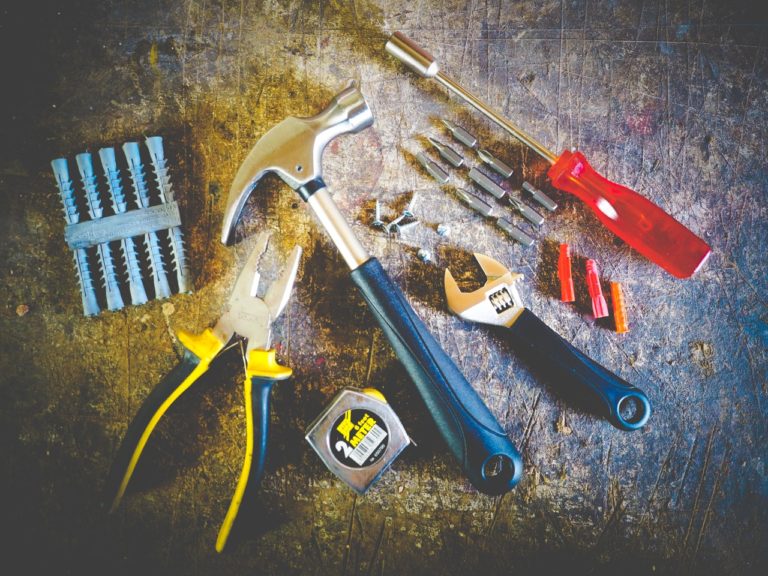Each house will encounter a unique set of damages. There are a lot of factors that come into play when dealing with deterioration and defects. The good news is that the tell-tale signs are almost always the same. What matters is that you, as a homeowner, can recognize these signs as soon as they appear. Otherwise, you face serious consequences by leaving them unaddressed for long.
What’s that odor?
The human nose can be tricky most days. Sometimes you pick up scents that aren’t there, and you’ve eventually dismissed them. This must be the reason it takes most people a while to start questioning whether they imagine the musty odor in their home, particularly in their bathrooms. Once you’ve noticed this, though, the worst thing you can do is ignore it.
A musty order is a sign of water damage. The foul scent is produced by molds that have developed due to the increased humidity in your interior. If you’re not sure what this smells like, think of attics and basements in old houses. That dampness suggests that serious water damage has occurred that requires the attention of a plumber. Provo has experienced professionals that you can contact wherever in Utah you may live. The least helpful thing you can do is try to handle this on your own, as any amateur attempt can worsen the leaking.
Why Won’t the Door Close?

It sounds trivial, but when you pause to think it through, the only logical explanation for a perfectly sound door that won’t close must be structural damage. This is usually the result of something shifting in your house. If you haven’t previously experienced any trouble with the door or doors in question, don’t delay an inspection. If you’re lucky, this could be caused by a normal settling, which is nothing to worry about.
An expansive soil like clay is another matter entirely. When clay expands and puts pressure on the foundation, it can trigger other structural damages like cracked or inward deflecting walls. You may also see changes to your flooring and swimming pool.
A contractor will be the most qualified to investigate the matter and assess the severity of the structural issue. While repairs to this kind of damage are often costly, they’re not nearly as expensive as what you’ll get when you neglect it for a while longer.
Why Does the Circuit Breaker Keep Tripping?
A circuit breaker that trips shouldn’t be a cause for concern at first. That’s what it’s intended to do, after all. When the system overloads, it shuts down, and you can turn it back on. When you notice that it trips several times a week or a month, you should call an electrician. Your circuit breaker wouldn’t be cutting off your power supply unless there’s something wrong going on with the electrical wirings that you cannot see.
Sometimes, homeowners are guilty of using too many appliances and devices that are considered high-energy. This can overtax the wires and cause the circuit breaker to trip. A more dangerous reason is a short circuit. This happens when a neutral wire comes into contact with a hot wire. The heat elevates to the degree that the circuit can’t handle, and it shuts down to prevent fires.
Reflect on your usage and whether you’re doing anything to trigger the tripping. Otherwise, let an electrician do the inspecting and poking around.
Keep an Eye Out
Make a habit of inspecting your house and making a mental list of things that need checking. When it comes to household maintenance, it’s often better to be overly cautious than to dismiss small things that are out of order. In case you do find something that needs fixing, you’ll be glad you’re on top of things.




